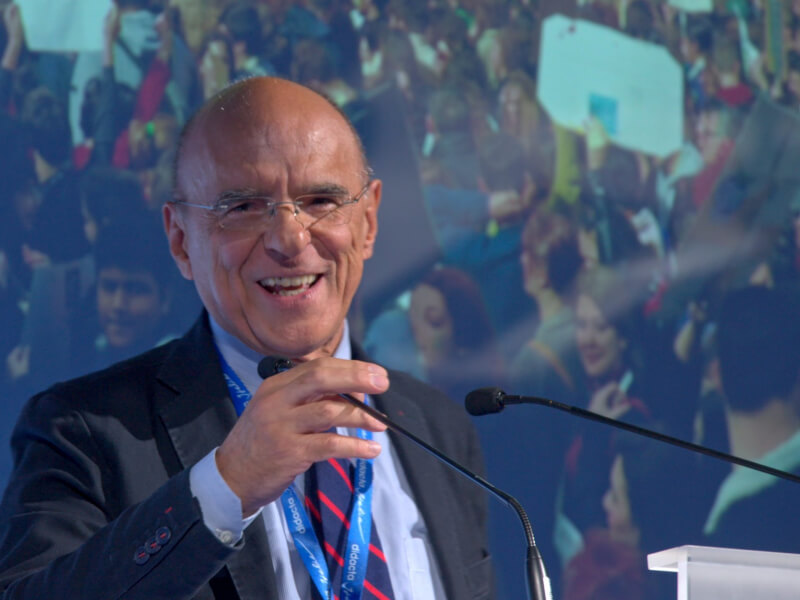12 December 2022 – 50 years after the first report to the Club of Rome, humanity is in dire straits. The financial crisis in 2008, the COVID-19 pandemic and the war in Ukraine are brutal signals of collapse. They originate in a wider landscape of self-inflicted existential threats: growing inequity and social fractures; climate warming on a huge scale; the ongoing destruction of ecosystems; and finance and technology increasing the prob-ability of dystopian futures. This is not what the Club of Rome would have liked to see happening. The Limits to Growth intended to open the space of possibilities for humanity to decide on its course. Indeed, most of the scenarios in the book ended in collapse. This shocked the world and made the book sell millions of copies. Though, there were scenarios showing the possibility of a balance between “development” and the finitude of the planet. The Club of Rome actually suggested that human development could be substantially redefined, towards equitable human wellbeing for a healthy planet. That message was not heard. To be fair, the present is also full of hope. Women are emancipating everywhere and the whole of humanity is becoming literate. Many people overcome the helplessness created by neo-colonial mindsets. Young generations realize the failures of economic and political systems. Achievements in science and technology might be helpful. Change is all around, coming unexpected and at high speed. All in all, it seems that humanity is thriving and committing suicide at the same time. How can we deal with this fundamental contradiction?
We could start by learning what we already know. Learning only happens when we are able to change and attune ourselves to what we are aware of. Humanity did not learn in anticipation of present socio-ecological disasters. It did not depart from tying “development” to the ever-growing consumption of energy and materials. This is our trap: we expand a suicidal mode of civilization with the excuse of providing wellbeing. But health and wellbeing come from the quality of our relationships, with other humans, with Life at large and with the past and future. Hence wellbeing for all can be attained at a much lower and more equitable level of ecological footprint than today. This is what the Club of Rome strongly states in two new reports published this year, Limits and Beyond and Earth for All. In 1968, the same year the Club of Rome was created, a group of South African students initiated the Black Consciousness Movement and proclaimed that we can liberate ourselves from our mental jails. It is more than time for a “human revolution” of that kind. We humans are explorers. If we reconnect with the web of Life and our own humanity, the space of possibilities reopens. It can lead to the emergence of a multitude of self-organized ways to be in the world, at peace with ourselves and the biosphere. This human revolution is already happening everywhere, invisible in plain sight, inaudible for many and yet alive. Our most important task might be just to pay attention to it and by doing so change the way we think and learn at last!
First published in Gaia






